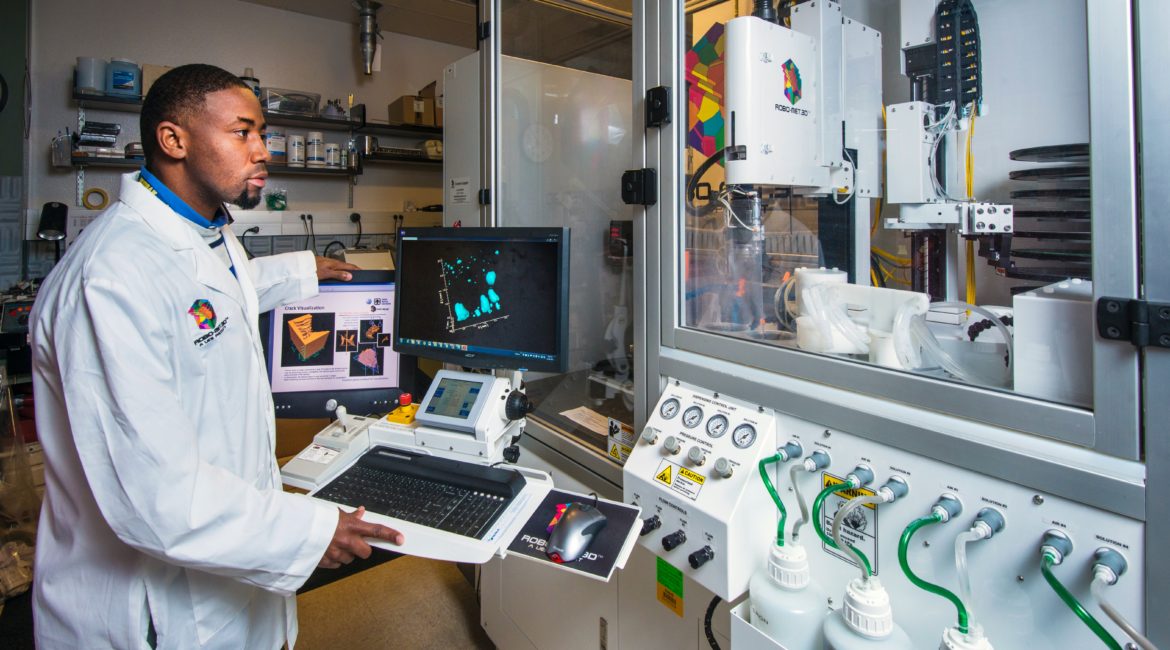At Morgan State University, a historically Black college in Maryland in the 1970s, two young women sit in the back of a classroom of men. One is named Valerie Thomas: after fighting her entire life for a place in STEM, Valerie went on to create and patent the illusion transmitter, a tool that uses mirrors and light for image processing. In other words? We have Valerie to thank for the tech that gives us 3-D movies. (Her invention is also still used by NASA for image rendering. No big deal.)
February is Black History Month, and it’s undeniable that our world — ever-evolving with tech, media, communications, and so much more — has been shaped by the contributions of so many great Black minds. Dr. Shirley Jackson, the first-ever woman to earn her doctorate in nuclear physics at MIT, paved the way for developments that led to fiber-optic cables and caller ID; Lisa Gelobter has been integral to the tech that created moving images on the web. (Next time you send a GIF, think of Lisa.)
Despite the many creations, ideas, and stories credited to Black people throughout our history, the digital race gap persists — and, disappointingly, it’s even growing, according to CNN. In a study conducted by Deutsche, the firm found that 76% of Black people and 62% of Hispanics could be under-prepared for 86% of jobs in the next 30 years without intentional overcorrection. This gap can be attributed to a lack of resources and infrastructure inequality in areas that are predominantly home to Black and Hispanic Americans. Unfortunately, this past year’s events are only likely to have exacerbated this difference — COVID has only rendered vulnerable groups more vulnerable.
All hope is not lost, though. In fact, major tech companies can help decrease that digital race gap significantly. By committing funds to three major areas in communities that historically lack resources — broadband connections, computers, and training programs, specifically — experts believe a multilayered solution could emerge. Not only would such initiatives be a major step forward in terms of decreasing that disparity in diversity at tech companies, but it would also be a positive move for companies that are facing a continual increase in distrust from the public.
Lastly, and perhaps most importantly, investing in these kinds of communities brings a diverse array of voices and minds to an area that has otherwise been more exclusive and homogenous. By decreasing the barriers to these spaces, the next great thinkers will have fewer hoops to leap through to land that amazing new idea. There is so much technology that has become ingrained in our daily lives to the point that it’s no longer a question, and we have Black inventors to thank: home security, traffic lights, modern light filaments, and so much more have been the products of Black minds. Going forward, we can only hope that it’s easier for such ideas to arrive in the right hands as we continue to build a future where it is easier for everyone to dream and create.
The Black History of Media and Tech

